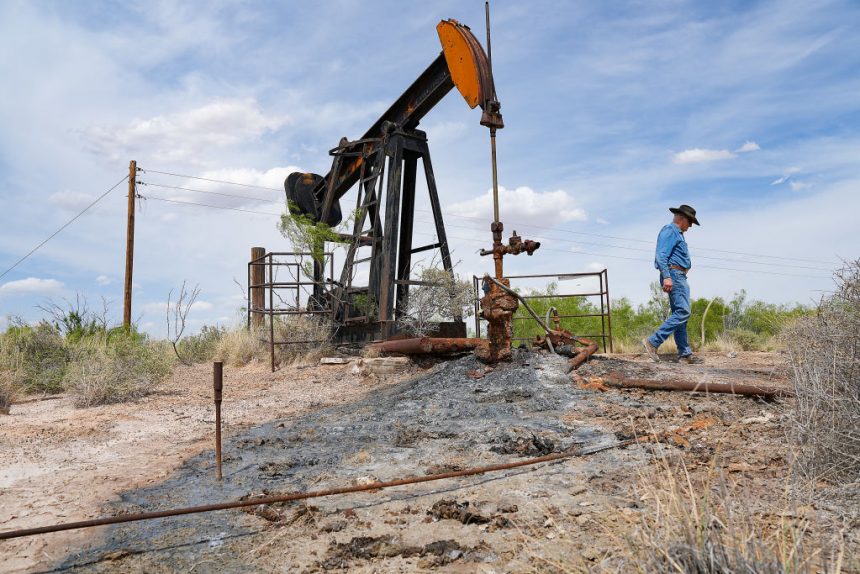An estimated 880,000 abandoned oil and gas wells are scattered throughout the United States, posing environmental hazards by leaking toxic substances and emitting methane, a potent greenhouse gas. In response, Congress allocated $4.7 billion in 2021 to assist states in sealing these orphaned wells and cleaning up their surroundings. The federal Department of Interior has already distributed nearly $1 billion of this funding, resulting in the remediation of over 7,700 wells by March.
Despite this progress, many challenges lie ahead as states work to meet the Interior Department’s stringent requirements to access the remaining funding. States are now required to comply with standards outlined in the Endangered Species Act and the National Historic Preservation Act, which has proven to be a complex task for departments with little experience in navigating these regulations.
As states strive to balance cleanup efforts with the protection of endangered species and cultural sites, the pace of well remediation has slowed, with some states plugging significantly fewer wells as a result. Additionally, the responsibility for cleaning up abandoned wells often falls on states, tribes, and the federal government when oil and gas companies go bankrupt.
With the goal of facilitating the plugging of orphaned wells, the Bipartisan Infrastructure Law included three rounds of grants to address the growing backlog. The second tranche of funding, which makes up a significant portion of the total allocation, comes with additional requirements that states are currently working to meet.
Many state oil and gas departments are facing challenges in complying with the Interior Department’s mandates, particularly regarding the assessments required under the Endangered Species Act and the National Historic Preservation Act. States are hiring additional staff and developing new procedures to ensure compliance with these regulations. As they navigate these requirements, states are also preparing for the final tranche of funding, which aims to incentivize policy reforms to prevent future well abandonment.
In conclusion, states are working diligently to meet the requirements for utilizing well-plugging funds, navigating historic preservation and endangered species laws while preparing for future grant opportunities. Despite the challenges, states are committed to addressing the environmental impacts of abandoned oil and gas wells across the nation.






